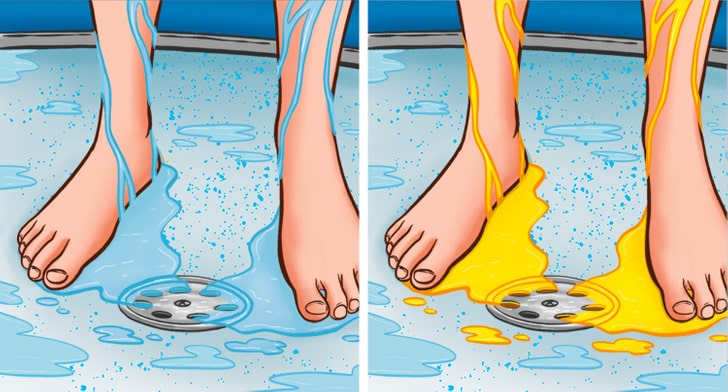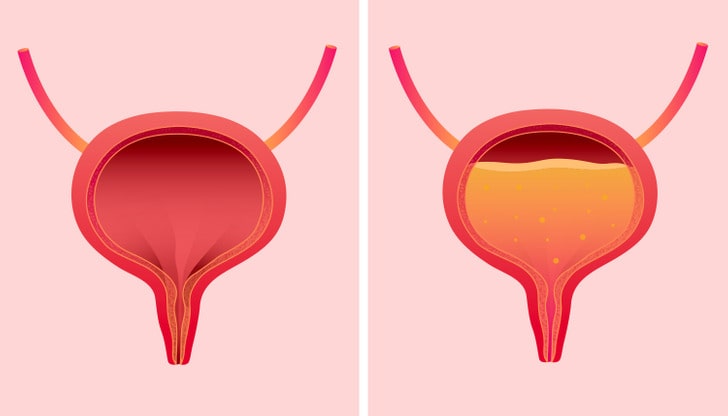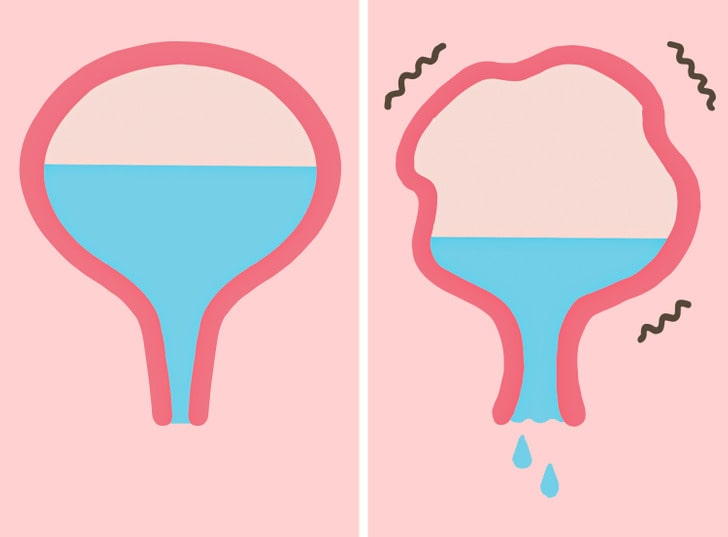We’ve all been there—stuck in a meeting, binge-watching a show, or trapped in traffic when nature calls. But repeatedly delaying a bathroom trip isn’t just uncomfortable—it can harm your health. This article explores the science behind urination, debunks myths, and reveals the long-term risks of ignoring your bladder. Let’s dive in.
How Your Urinary System Works: From Filtration to Elimination
Your urinary system is a finely tuned network of organs that filter waste, balance fluids, and maintain electrolyte levels. Here’s how it works:
- Kidneys: These bean-shaped organs filter 120–150 quarts of blood daily, producing 1–2 quarts of urine. They remove toxins, excess water, and chemicals like urea and creatinine.
- Ureters: Thin tubes transport urine from the kidneys to the bladder.
- Bladder: A muscular sac that expands to store urine. When full, nerve signals alert your brain it’s time to go.
- Urethra: The final pathway for urine to exit the body.

Ignoring the urge to urinate disrupts this system. Over time, retaining urine strains the bladder and kidneys, increasing the risk of infections and long-term damage.
Pro Tip: Hydrate regularly to flush toxins—aim for 6–8 glasses of water daily (Mayo Clinic).
Debunking 5 Common Myths About Holding Your Pee
Let’s clarify misconceptions that could jeopardize your bladder health:
Myth 1: “Holding Your Pee Strengthens Your Bladder”
False. Overstretching bladder muscles weakens them, leading to incontinence. Think of your bladder like a rubber band—overstretch it, and it loses elasticity.
Myth 2: “Urinary Tract Infections (UTIs) Only Affect Women”
While women are more prone due to shorter urethras, men can develop UTIs too—especially if they hold urine frequently (CDC).
Myth 3: “Clear Urine Means You’re Overhydrated”
Pale yellow urine indicates proper hydration. Clear urine can signal overhydration, but it’s rare. Dark urine, however, suggests dehydration.
Myth 4: “Peeing Frequently is Unhealthy”
Most adults urinate 6–8 times daily. More frequent trips could signal diabetes or an overactive bladder, but don’t ignore your body’s signals.
Myth 5: “You Can ‘Train’ Your Bladder to Hold More”
Bladder training involves scheduled voiding, not delaying urination. Forcing retention risks infections and kidney damage.
The Dangers of Holding Your Pee: 6 Serious Health Risks

Ignoring the urge to urinate isn’t just uncomfortable—it can cause:
1. Urinary Tract Infections (UTIs)
Stagnant urine breeds bacteria like E. coli. UTIs cause burning, pelvic pain, and cloudy urine. Left untreated, infections can spread to the kidneys.
2. Bladder Overdistension
Holding large volumes stretches bladder muscles, reducing their ability to contract. This can lead to chronic retention and incomplete emptying.
3. Kidney Damage
Prolonged pressure from a full bladder can push urine back into the kidneys, causing infections or permanent scarring (National Kidney Foundation).
4. Pelvic Floor Dysfunction
Straining to hold urine weakens pelvic floor muscles, contributing to incontinence or prolapse. Women postpartum and older adults are especially vulnerable.
5. Kidney Stones
Concentrated urine increases mineral buildup, forming painful stones. Dehydration and retention are key risk factors.
6. Increased Risk of Sepsis
Untreated UTIs can escalate to sepsis—a life-threatening immune response. Symptoms include fever, rapid heartbeat, and confusion.
7 Tips for Optimal Bladder Health: Healthy Habits to Adopt
Protect your urinary system with these expert-recommended practices:
1. Stay Hydrated (But Don’t Overdo It)
Drink water consistently—about 2 liters daily—to dilute urine and flush bacteria. Avoid excessive caffeine and alcohol, which irritate the bladder.
2. Never Ignore the Urge to Go
Respond promptly to your body’s signals. Set reminders if you’re prone to forgetting.
3. Practice Proper Bathroom Posture
Lean slightly forward, feet flat on the floor, to fully empty your bladder. For men, sitting may reduce prostate pressure.
4. Strengthen Your Pelvic Floor
Kegel exercises improve bladder control. Squeeze pelvic muscles for 5 seconds, relax, and repeat 10–15 times daily.
5. Eat a Bladder-Friendly Diet
Avoid spicy foods, artificial sweeteners, and citrus. Opt for fiber-rich foods to prevent constipation, which pressures the bladder.
6. Quit Smoking
Smoking raises bladder cancer risk and causes chronic coughing, which strains pelvic muscles.
7. Empty Your Bladder Before Bed
Reduce nighttime interruptions and UTI risks by voiding before sleep.

When to See a Doctor: Warning Signs You Shouldn’t Ignore
While occasional urine retention is normal, consult a healthcare provider if you experience:
- Pain or burning during urination
- Blood in urine (hematuria)
- Frequent urination (more than 8 times daily)
- Inability to fully empty the bladder
- Lower back pain or fever (possible kidney infection)
Early intervention prevents complications. Urologists may recommend tests like urinalysis, ultrasounds, or cystoscopy.

Final Thoughts: Prioritize Your Bladder Health
Your urinary system is vital to detoxification and overall wellness. By understanding the risks of holding your pee and adopting healthy habits, you can avoid infections, kidney damage, and incontinence. Listen to your body—it knows best.
Need Help? Explore resources from the Urology Care Foundation or schedule a consultation with a urologist near you.









Leave a Reply